Vitamins are the basic elements of life. They are essential for health because the human body simply could not function without them. Together with minerals, vitamins are involved in most chemical reactions that take place in the body. Vitamin and mineral deficiencies are often the cause of many ailments. Certain micronutrient deficiencies can build up unnoticed over years.
Vitamins and minerals are called biocatalysts. The same is generally true of enzymes, co-enzymes, amino acids, plant fatty acids, phytochemicals and other vital food components, while the many phytonutrients (nutrients derived from plants) can mimic the effect of various messenger substances, albeit often in a weakened form.
People can benefit from eating foods with the nutrients that provide particularly highly active vital substances through their daily diet.
These include:
Enzymes: Only enzymes can break down our food into its smallest components so that they can be transported through the intestinal wall. Plant foods ingeniously often already contain exactly the types of enzymes needed for the plant to be utilised as food.
Vitamins and pre-vitamins: These are mainly plant compounds that are essential for organ function in humans.
Largely unknown to the public are very special phytochemicals called adaptogens. Adaptogens can help support the immune system and the neurotransmitter balance, for example to promote appropriate nerve communication or to help the body adapt better to external stress factors.
Natural carotenoids: They form a large group of plant pigments. Beta-carotene is a representative of this group. It is the yellow-orange to dark green pigment found in fruits like peaches, apricots and mangoes and in vegetables like carrots, spinach and lettuce.
Among all plant extracts, lycopene is perhaps the most important agent with potent cell protection. It is found in high concentrations in both tomatoes and rose hips.
Dong Quai root, also known as “female ginseng”, contains high levels of vitamins and minerals and can thus contribute to the maintenance of normal cellular function of the female reproductive system.
Inositol is found in grains, nuts, seeds, legumes, fruits and vegetables, among others. It can support the effectiveness of the body’s own neurotransmitters such as the “happiness hormone” serotonin.
Monk’s pepper-, also called Vitex agnus-castus, has been used in traditional folk medicine for thousands of years to promote female fertility and menstrual regularity.
Liquorice root: the vital substances contained in liquorice root can help to reduce any cellular inflammatory processes and, if necessary, keep blood pressure largely within the normal range.
Seaweed powder, an extract derived from brown seaweed, contains significant amounts of iodine, iron and B vitamins, as well as a range of detoxifying micronutrients.
As a co-enzyme, PABA (vitamin B10) can support the functions of folic acid and pantothenic acid, a stress regulator. It is found in yeast, offal, chicken eggs and cow’s milk, among other things.
Damiana leaves are more than just an herbal aphrodisiac from South America. Not only do they promote a strong libido, but they can also help the body to achieve an optimal supply of energy and stamina. Certain substances in damiana can additionally lighten the mood if necessary.
Vitamins A, B1, B2, B6, B12, folic acid, niacinamide, pantothenic acid (vitamin B5), biotin (vitamin H), C, D3, E and K1 are also essential micronutrients for the female organism. These are mainly found in fruit and vegetables.

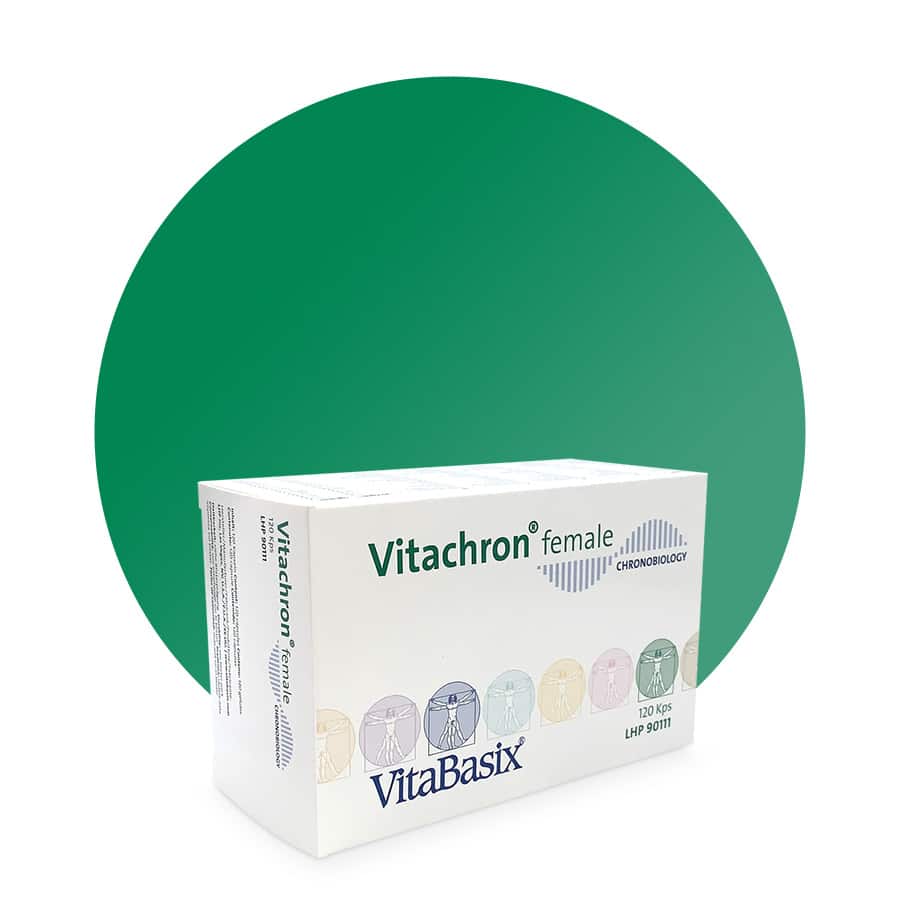





 Chronobrands
Chronobrands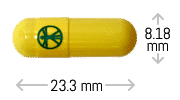
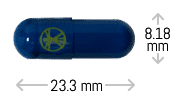

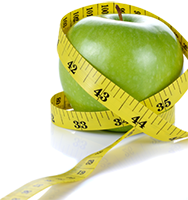
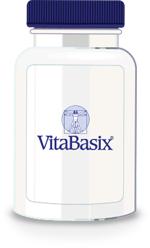
Reviews
There are no reviews yet.